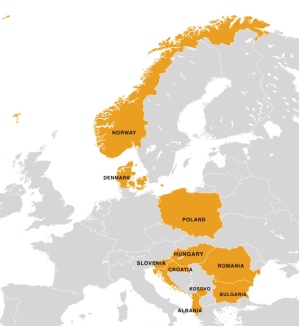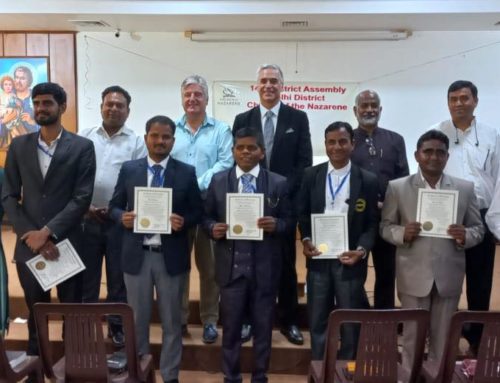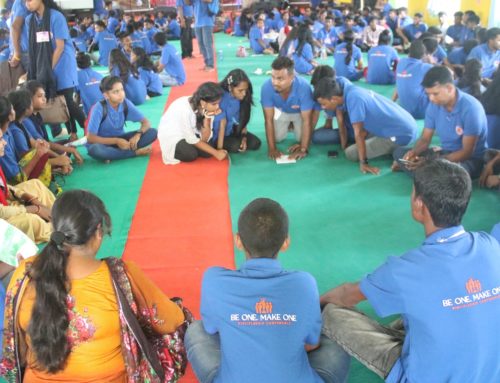Editor’s note: In our last Snapshot, April 25, we looked at two districts in the Eurasia Region where leaders are intentionally developing church planting strategies. Today we look at two more districts.
Church planting is an increasingly urgent focus in districts throughout the Northern Europe and Central Europe fields. During his district assembly tour this spring, Jerry Porter, the general superintendent in jurisdiction over the Eurasia Region, urged leaders to pray about where God might be leading them to plant new works.
Planting new churches in “skeptical Europe,” as Hungary District Superintendent Imre Gusztin describes it, isn’t easy. Despite the challenges, becoming missional is infusing new life and purpose in local churches that may have lost momentum in growth or become too inward focused. Helping local churches embrace their God-given mission is the objective of the region’s Power of One initiative, launched in late 2010.
Hungary
Throughout 2011 the Hungary District explored two emphases: international mission and home mission. First, the churches focused on the mission of the whole Church in the world. Teaching included sermons, videos and other efforts to raise interest in mission.
 In September, the district transitioned to its second emphasis of home mission. Leaders trained the lay people in evangelism and church planting and spent time in prayer. We remembered together our early days of home missions and that each of our churches started in someone’s home willing to host believers.
In September, the district transitioned to its second emphasis of home mission. Leaders trained the lay people in evangelism and church planting and spent time in prayer. We remembered together our early days of home missions and that each of our churches started in someone’s home willing to host believers.
“We had 60 people present, and we asked them to write on a white sheet the name of a village you want to start a new church,” Gusztin said. “We have people signing up cities and I am excited to see that each congregation is thinking further than just 20 miles up the road. We want to reach the whole country for Christ.”
Churches are seeking contacts in nearby villages and towns which would help us to start fellowships or Bible studies.
“We have five churches now, and in five years’ time I would like to see 10 churches,” Gusztin said.
The Eurasia Region’s Power of One missional church initiative, which began training and resourcing districts across the region for church planting in October 2010, has helped build interest and momentum for the Hungary, he said. Porter’s assembly sermon helped to confirm that church planting is also important to the denomination as a whole.
The Eurasia Region’s Leadership Development Initiative has trained a number of young leaders in Hungary who are beginning to take on some of the ministry work in the district and assisting their pastors. These new leaders will enable the district to plant new churches more quickly, he said.
British Isles North
Meanwhile, in March, the British Isles North District held its annual assembly, which included a focus on home mission. At the Monday evening service, Porter preached on church planting and challenged the pastors to write down a place where they would like to start some form of meeting or Bible study.
“We are now left with the task of strategizing how we go about helping the pastors fulfill the vision they expressed,” said superintendent Philip McAlister.
The district’s two existing church plants reported solid growth and development. In fact, to reach new people, the most effective method is to start brand new fellowships, he explained.
“If you get the right core team and the right location, the chances are you can launch out and plant a work.”
In the past, new works often began with locating a building where a potential group could meet. Today, the district’s strategy no longer involves buildings.
For instance, the Mosaic Church group meets in a home. And the Millbrook Church rents a community hall, which involves low cost and low overhead. The rest of the money they raise is then freed up for evangelistic efforts.
The tone of the assembly was “optimistic and upbeat,” McAlister added.
Pray for the Holy Spirit to lead and empower Nazarenes across the Eurasia Region who are taking the denomination’s mission seriously: To make Christlike disciples in the nations.



